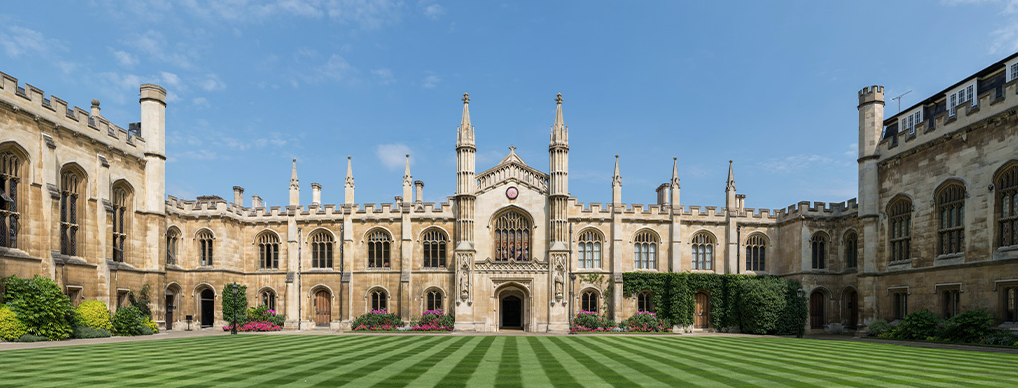Cambridge Alevel

Advanced level qualifications (known as A-levels) are subject-based qualifications that can lead to university, further study, training, or work. Students can normally study three or more A levels over two years. They’re usually assessed by a series of examinations.
To Whom Are A-levels For
Universities and most higher education courses require specific A-levels or combinations of A-levels (or alternative level 3 qualifications). If students are not sure about what career they want, a selection of A-levels can be a good way to keep options open.
Choosing A-level Subjects
The most important criteria for choosing A levels subjects is looking at what one is likely to enjoy and be good at. If the student has a particular career, job, or further study in mind, they may need to choose specific A-levels in order to meet entry requirements.
What Can Be Done With A-levels
Continue on to university – A-levels are the most common qualifications studied to get into higher education. If students are unsure about what you want to do in the future, they should keep their options open. They can also look for employment – they’re valued by employers because they show a good level of education. Another option is to go on vocational or work-based qualifications, such as a higher apprenticeship.

